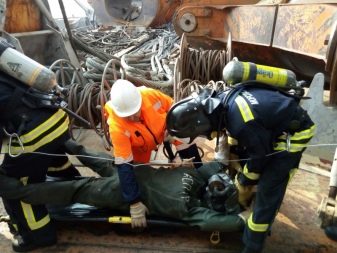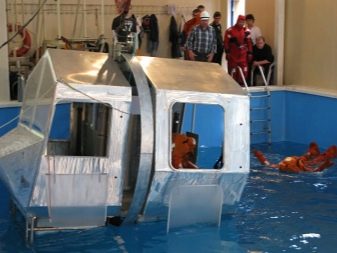Who is a ship's electrician and what does he do?

Dozens - sometimes hundreds - of people work on sea and river vessels. It is necessary to clearly understand the features of each specialization and its subtleties. This includes understanding who a ship's electrician is and what he does.
Peculiarities
It should be said right away that the work of an electrician on a ship is very stressful in nature. The number of electronic and electrical systems is very large, and without a diesel generator, normal life of the crew and transportation is impossible. Depending on the displacement and the number of crew, the ship's electrician either works with one partner, or acts as part of a brigade headed by a master electrician.
In any case, you have to thoroughly study the state of the infrastructure and other systems. Those who leave at sea are on voyages for weeks, and sometimes months.
On the rivers and lakes, everything is somewhat better, but even there hikes for 2-3 weeks are not so rare. Therefore, only those who steadfastly endure such forced isolation can be ship electricians; it is possible to get a job without experience only up to the age of 27-28 as an apprentice (cadet, as they say in the navy). According to statistics from job sites, the average salary of such a specialist in Russia is 41,800 rubles. In inland waters, the peak was recorded in the Irkutsk region, where it is equal to 39,800 rubles. 35 thousand rubles and more are received in the Primorsky, Khabarovsk and Kamchatka regions, as well as in the Arkhangelsk region.

Responsibilities
The main job functions of a ship electrician include:
obtaining information about the state of systems (when joining a post);
checking the normal operation of electrical infrastructure and automation;
timely notification of management about all detected problems that cannot be eliminated on their own;
de-energizing mechanisms in the event of any danger;
disassembly of parts and assemblies of ship electrical equipment;
adjustment and technical testing of the entrusted equipment;
technical maintenance and short-term repair of equipment.
Also, an electrician on a ship must perform the plumbing work necessary for the normal maintenance of electrical systems by profession. He also:
undergoes established labor protection briefings;
does not leave his workplace unless absolutely necessary;
controls the serviceability of the tools and equipment used;
applies the required personal protective equipment;
records all its activities and the actual operation of electrical systems in the logbooks;
keeps watch according to the general schedule on an equal basis with other crew members;
complies with the requirements for labor protection, industrial, electrical, fire safety;
complies with other safety requirements, taking into account the nature of the cargo, the current situation.
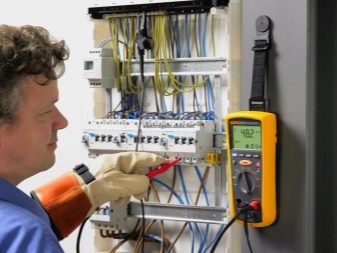
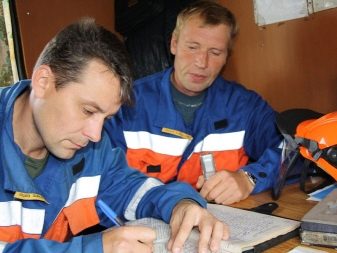
Knowledge and skills
Mandatory knowledge and skills for a ship electrician will be:
information about the internal structure, principles of operation of electrical equipment;
technical requirements for its operation;
the procedure for registering the readings of measuring instruments;
rules for signaling and responding to alarms;
schemes for the use of personal and collective life-saving equipment, fire extinguishing systems;
features of assistance to victims at sea;
internal regulations applicable to a particular ship;
understanding the principles of organizing internal ship communications, the procedure for repairing these complexes;
a clear idea of the work and functioning of automation, measuring and control, signaling means;
the ability to determine the need for various equipment and parts of the ship (individual cabins, holds, compartments) for electricity;
the ability to select the correct power supply mode for each supplied object.

Education
In our country, only a few specialized organizations are engaged in training ship electricians. It is necessary to search for them mainly in cities where there are large seaports, or in settlements located on large rivers. Examples would be:
St. Petersburg College at the Makarov University;
Lomonosov Navy College and Senyavin Marine Technical College (also in St. Petersburg);
College at the Moscow Academy of Water Transport;
river school in Nizhny Novgorod;
Omsk and Novosibirsk command river schools;
Institute of Water Transport in Krasnoyarsk;
shipbuilding college of Vladivostok;
Khabarovsk and Volgograd technical schools of water transport;
College of Water Transport in Tyumen.
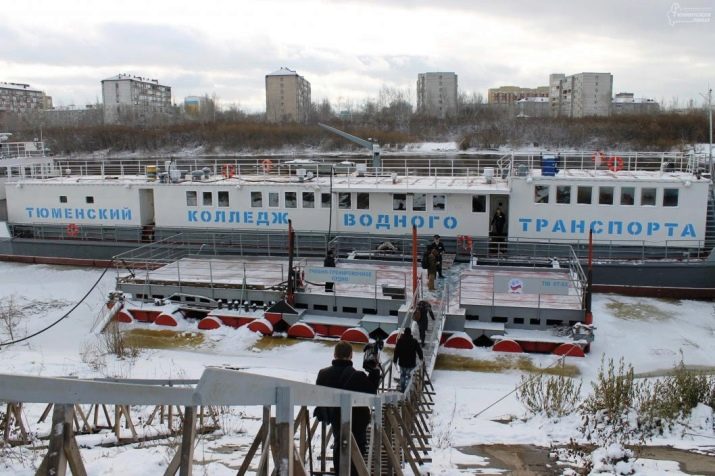
An alternative would be to master the general specialization of electrical engineering or electromechanics. Then you will have to undergo retraining for ship specialization (but already according to a short program). The training programs are commonly referred to as “ship power plant operations” (or similar).
People with specialized secondary education can also be applicants for retraining. In addition to special training, you will have to get more:
admission to work with electrical equipment;
medical book;
a document on the passage of a medical commission;
a document on proficiency in a foreign language (mainly at sea, although it will not be superfluous on rivers);
ISPS-6/2 certificate;
damage control manual.
